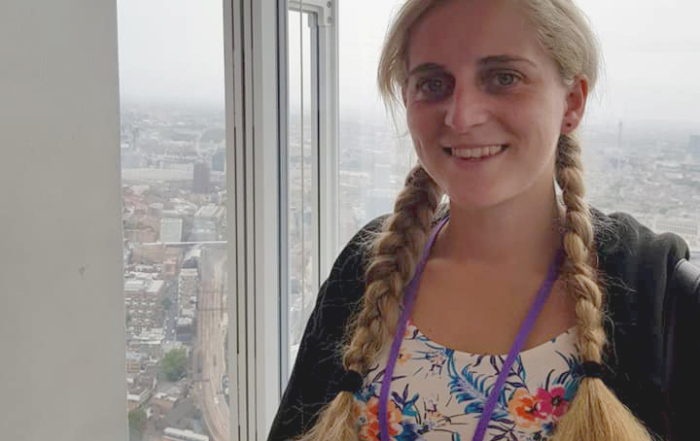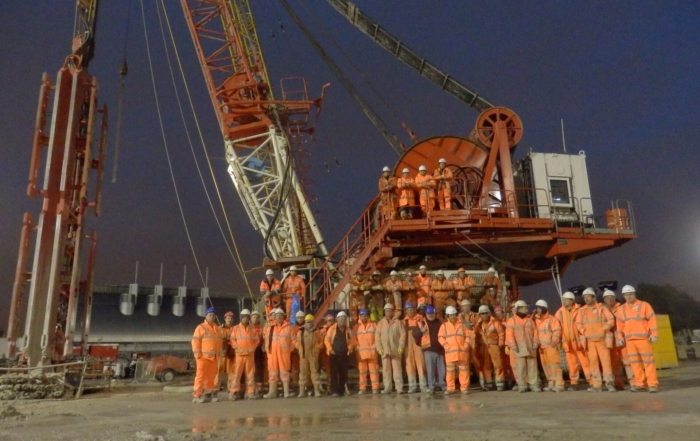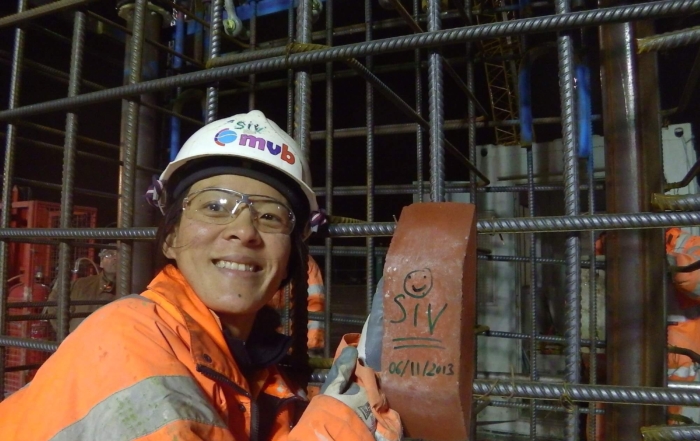In this Insider Update blog post, Bachy Soletanche Major Projects Director, Chris Merridew discusses 30 years within Bachy Soletanche group and highlights his involvement in standout projects, what he thinks the main challenges facing the industry and what his first day at the company was like.
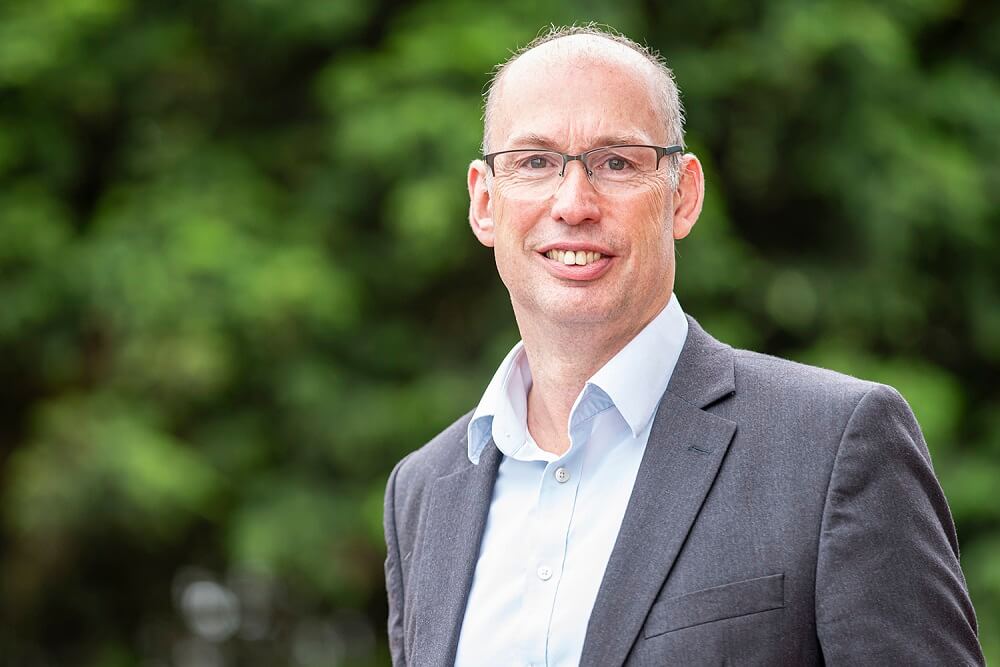
How did your career begin in the sector?
While studying a civil engineering degree at Sheffield Polytechnic University, a fellow student who was working part time at Bachy (before it became Bachy Soletanche) told me about a careers event that the company were hosting on campus and suggested I come along.
One thing led to another and I managed to secure a summer placement at Bachy while I completed my studies. This gave me my first experience of working on a construction site, where I got to support various geotechnical projects from piling to diaphragm walls.
I graduated from Sheffield with a first class degree in 1992, however, with the country in the middle of a recession, there wasn’t any permanent work available. So, to keep myself busy, I managed to get a grant to complete an MSc in Sweden as part of a Heriot-Watt University programme. My time in Sweden involved working for Europile and as part of my dissertation, I helped the company design a post-stressed, precast pile joint. This ended up being approved for use across construction projects in Sweden.
Upon returning to the UK in 1993 after completing my master’s degree, I was offered a permanent full-time job with Bachy as a Section Engineer on the Jubilee Underground line extension.
Do you recall your first day on the job?
Yes, I remember it well. On my first day, I travelled up to Burscough to pick up my company car. It was there that I met a female employee who also happened to be picking up a car that same day… little did I know, I’d just been introduced to my future wife. We’ve recently celebrated our 25-year anniversary.
What has motivated you to stay at Bachy Soletanche?
It’s definitely the variable nature of our work at Bachy Soletanche that has kept me here for so long. I have been given the opportunity to help deliver interesting and technically challenging major infrastructure projects such as St Pancreas Station, the Jubilee Line Extension, CTRL and the Thames Tideway Tunnel. In the late 90s, during my early career as a contracts engineer, I worked on a number of reputable projects within a short period. These include Sadler’s Wells Theatre, the Royal Opera House and 30 Gresham Street. Aside from their prestige, what makes these projects stand out for me is the strength of the team we had – there was a great sense of community and we all worked really well together.
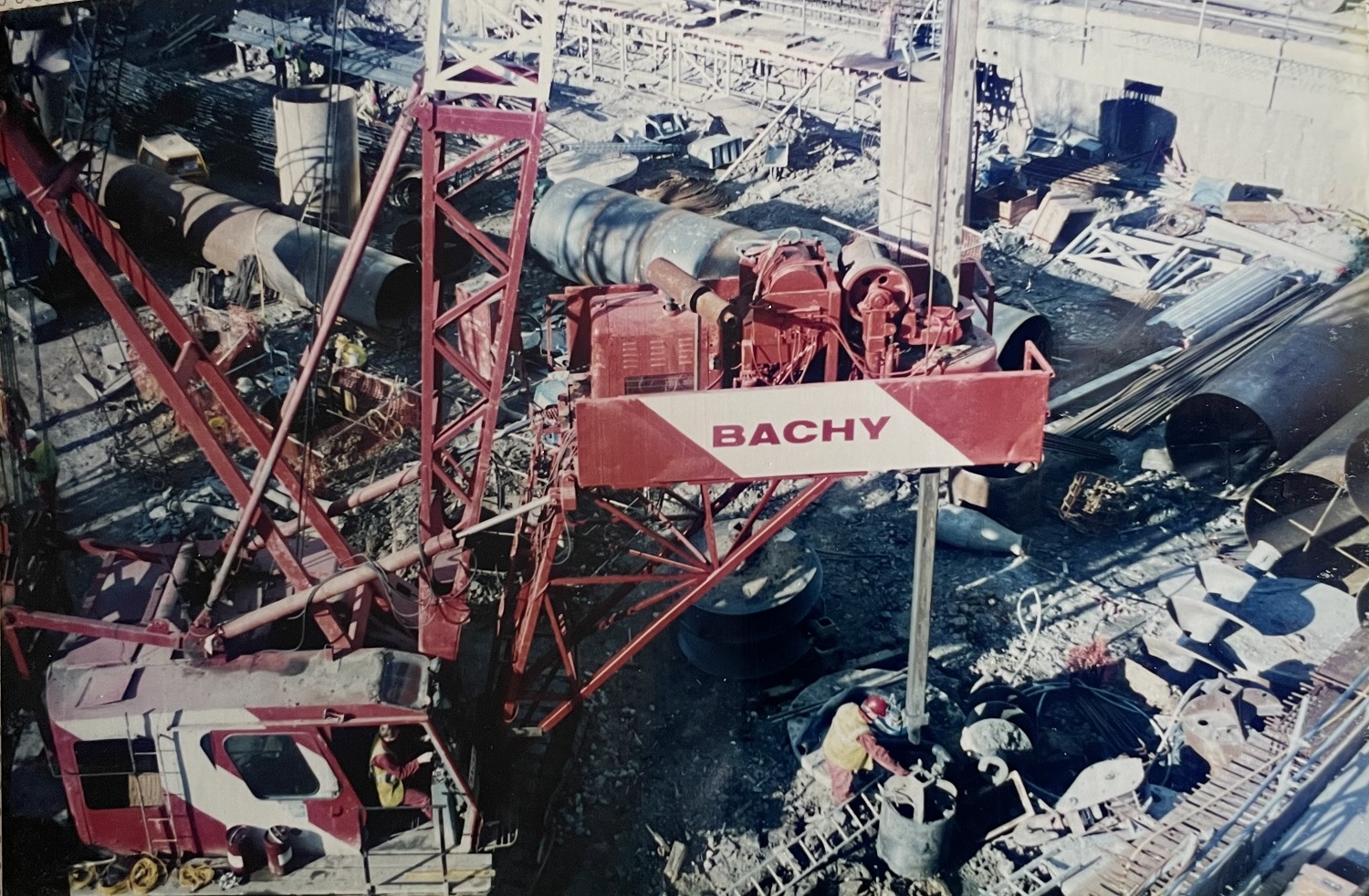
Covent Garden
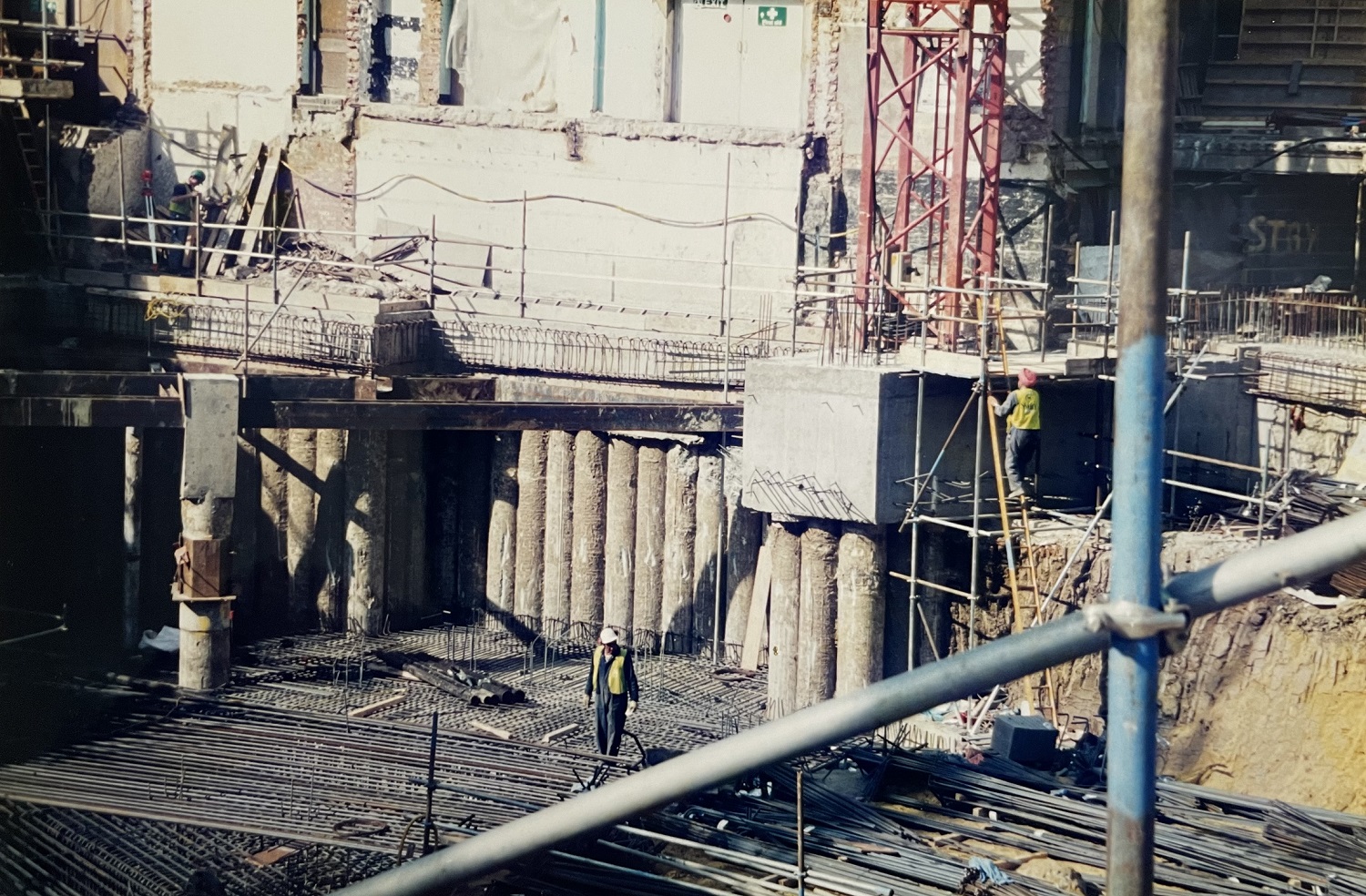
Sadlers Wells
It’s probably difficult to choose as you have worked on so many exciting projects but do you have a favourite one?
The one that stands out the most is St. Pancreas Station, which I helped deliver from 2001-2006. I started off as Deputy Project Director and Engineering Manager on the project, before progressing to Section Manager of the tunnel. We were responsible for delivering the station extension, working on both the new structure and refurbishment of the old structure.
The environment we were working in was particularly challenging due to its central location. We were operating in one of London’s busiest stations (in a live environment) with Kings Cross Station next door and the Thameslink running underneath. There was also a fleet sewer running across the site and two gas mains that were supplying the majority of North East London. Safe to say, it was a very stop-start job.
Aside from the logistical obstacles, it was a very technically challenging programme. As we were working on such a historic building, there were quite a few unknowns. Along with encountering various obstructions, we discovered that the station’s arched roof was naturally expanding by approximately 20mm each day due to sun exposure.
Despite these challenges, we had a really great team on the project, including a number of people who have now progressed very far within the industry and many that I’m still in contact with to this day.
How has the industry evolved since the 1990s?
Communication is a key aspect that has transformed dramatically. In the early days, on a job in Aberdeen, I remember going to the phone box at the end of each day with a pocketful of coins to call the Operations Director and update them on our progress. We weren’t given mobile phones then as they were too expensive and unreliable.
What have been some of your most notable career achievements?
I’d say that my best achievement has been helping to deliver several successful and technically challenging projects for the company. I believe there are very few jobs that I’ve worked on where we’ve had a major issue.
Although, success isn’t a one man band – my success is only thanks to the support of other people. As Newton said, we’re all ‘standing on the shoulders of giants.’ Success is about ensuring you have a strong team who can help deliver your vision. In line with this, one of the most rewarding parts of my job has been helping to develop people and giving people opportunities to progress their career.
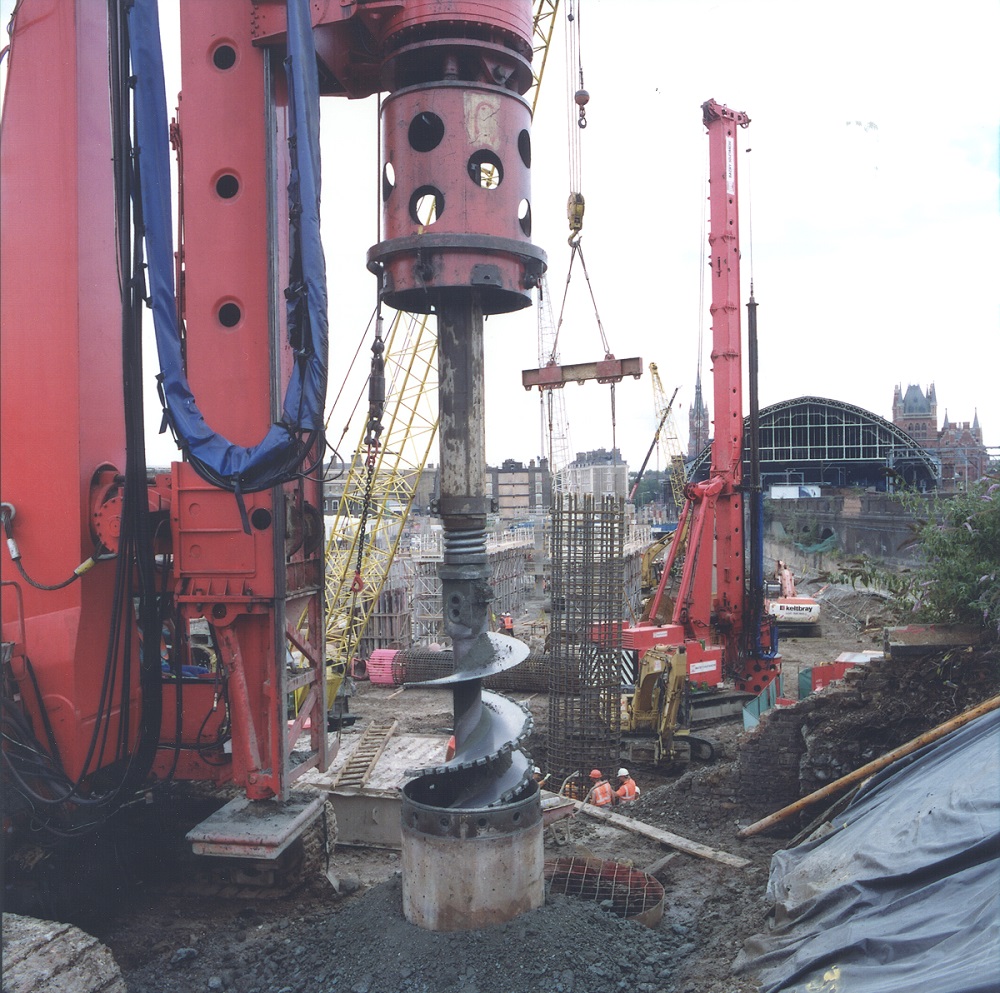
St. Pancras Station
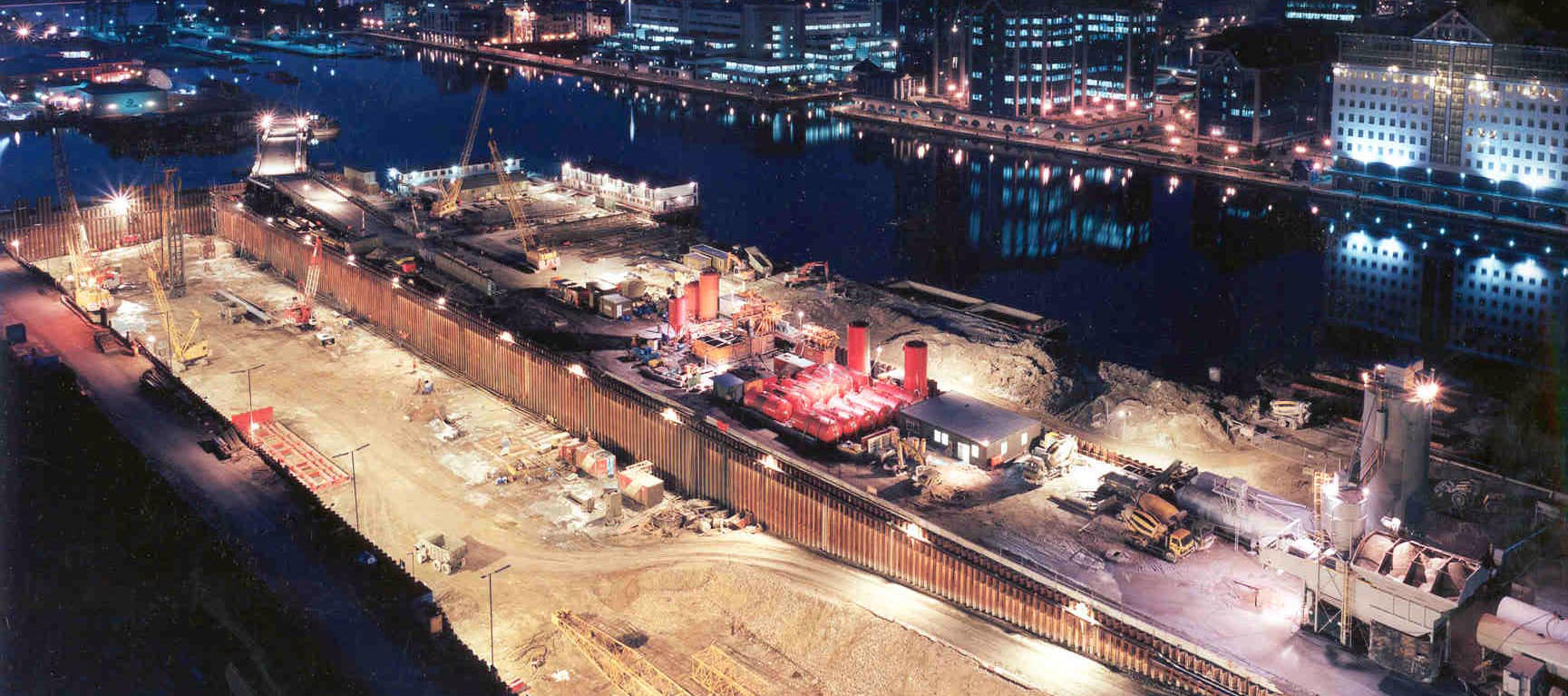
Jubilee Line Extension
What would you say has been crucial to your career success over the years?
I’ve always been open to a challenge and I’ve rarely said no to an opportunity. Since the beginning, I’ve always been keen to have a strong involvement in shaping the business and I’ve always had an interest in what the business does and how it works.
Another important part of my success is not getting too stressed when problems inevitably arise. Our team is good at sharing problems and collectively finding solutions, so remember that you’re not on your own, the business is there to support you.
Finally, I couldn’t mention my success without paying thanks to my wife. I wouldn’t be anywhere without her support and help looking after the family. She has been very accommodating with my job, which has been demanding at times.
What do you think are the main challenges facing the industry at the moment?
One of the key issues is that society’s expectations of a career are rapidly changing, especially regarding flexible working and wellbeing. To stay ahead, we need to accommodate these aspirations wherever possible. Another key challenge facing the industry is that the skill level required for some construction jobs is now increasing, which may alienate certain people. With the rapid development in technology comes increased expectations of employees. Construction companies have advanced machines and pieces of technology, so they need people who can operate them or are willing to learn. It’s for this reason that, as an industry, we need to seriously assess how we attract and retain the next generation of engineers.
Finally, what is something that people may not know about you?
I’m an identical twin!
